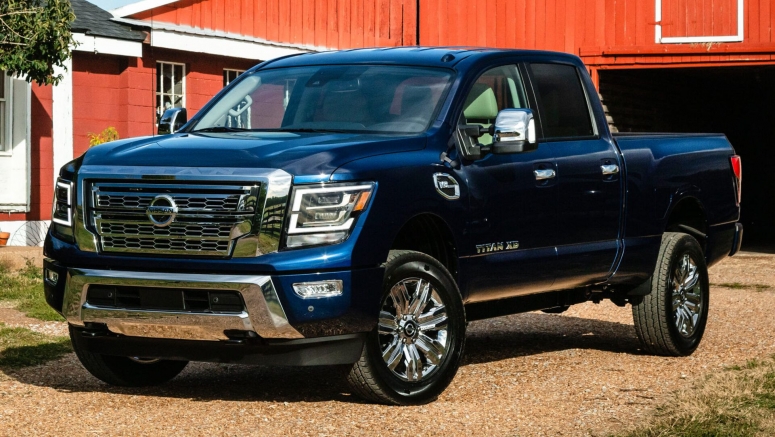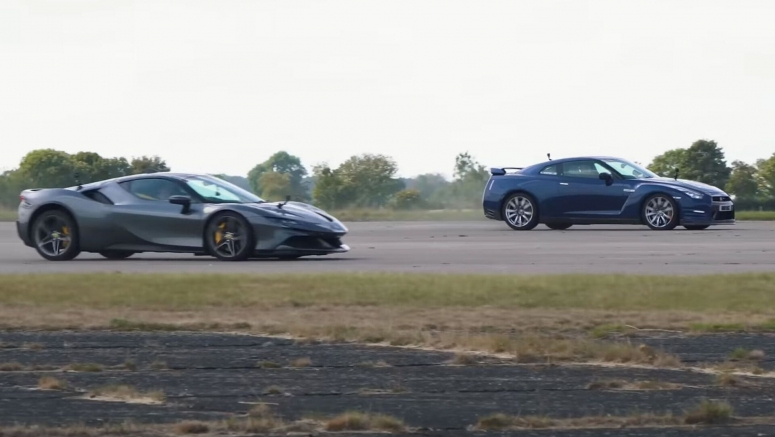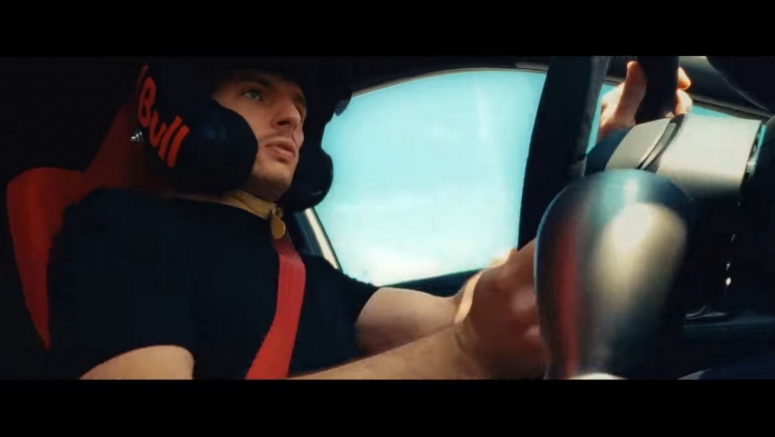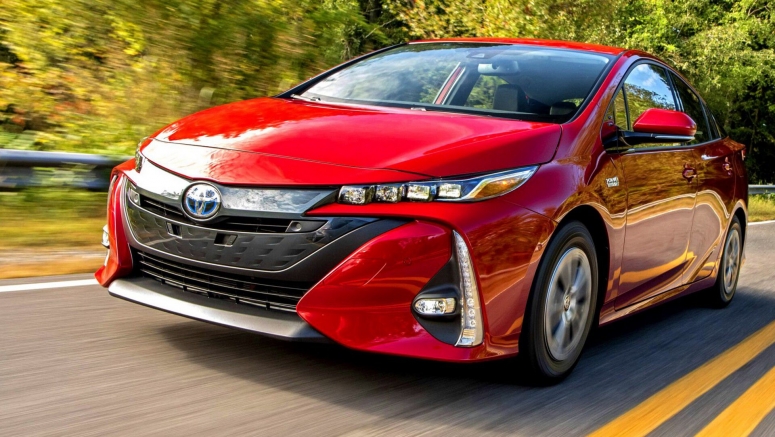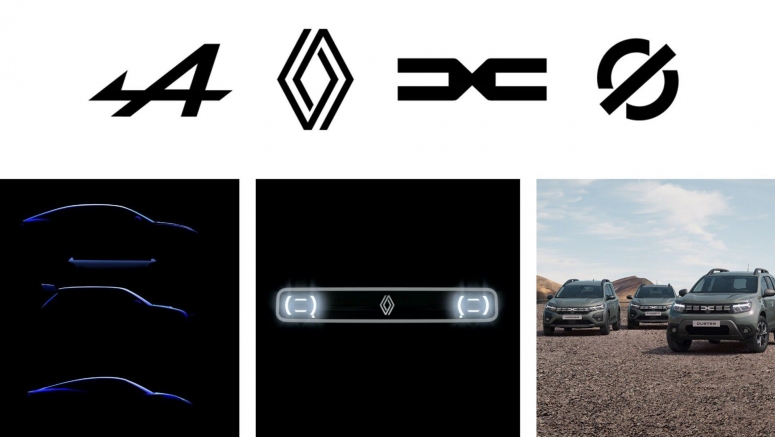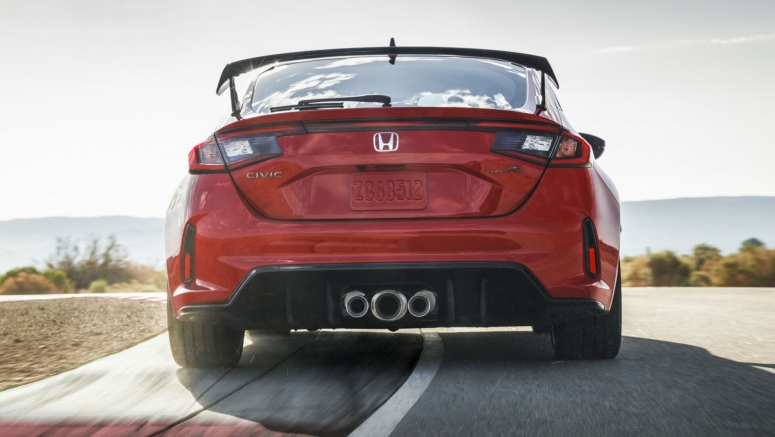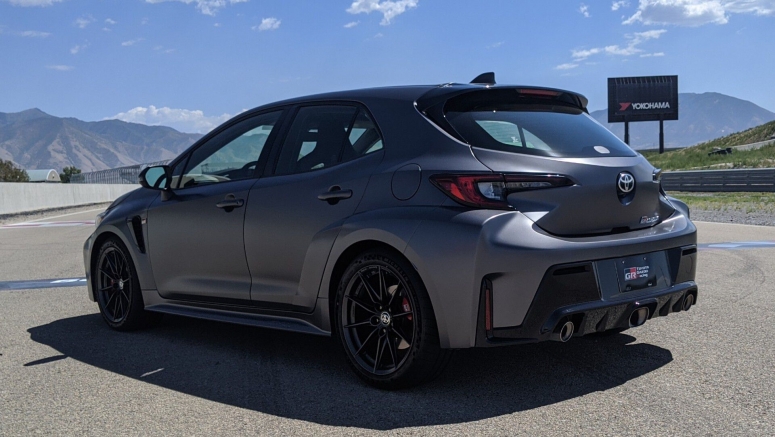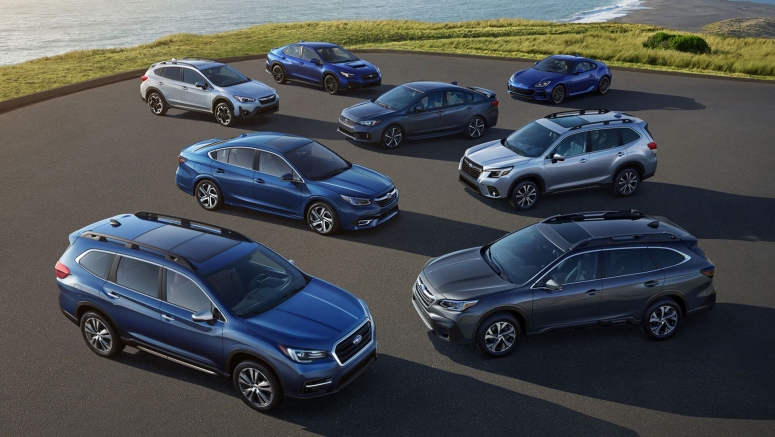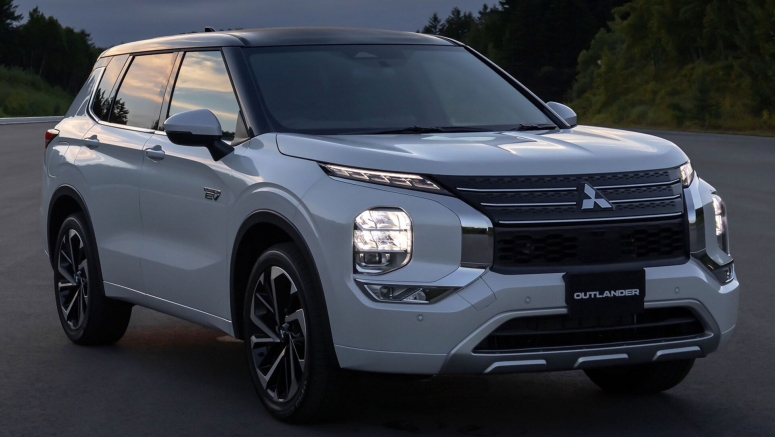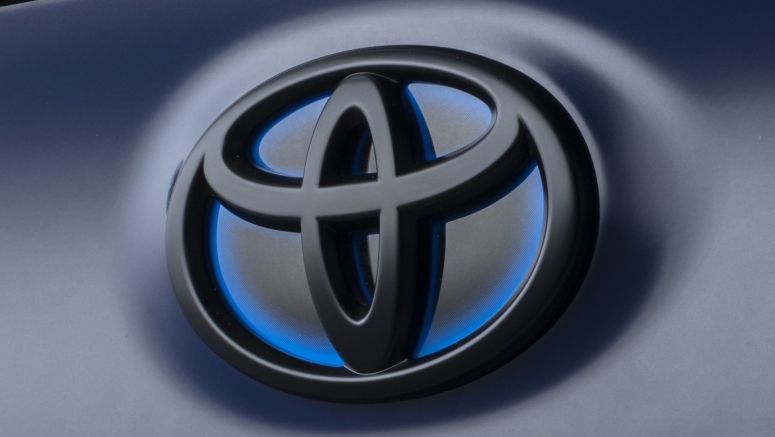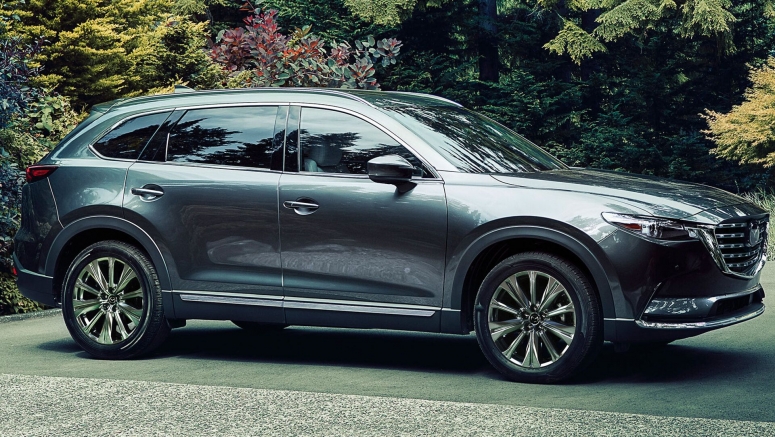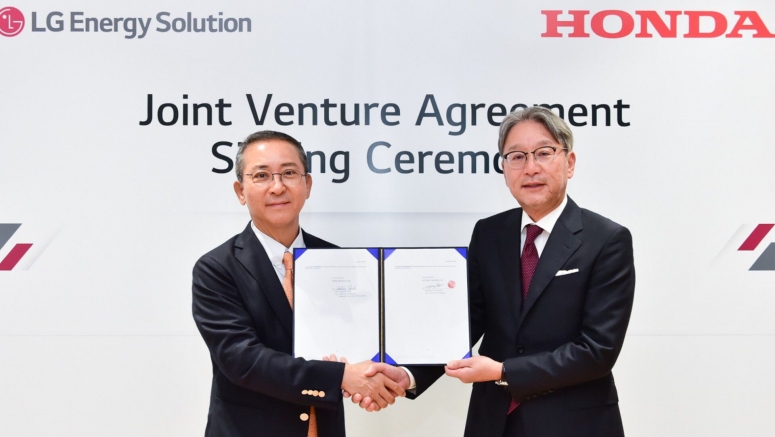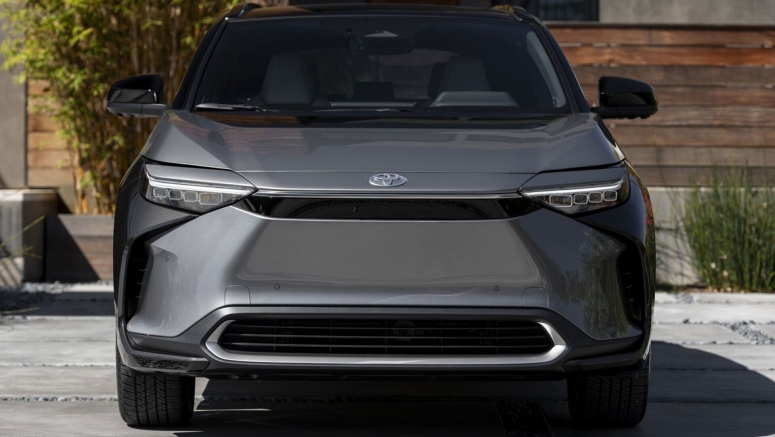These Rare Bmw M1 Wheels Will Cost You Almost As Much As A Toyota Corolla
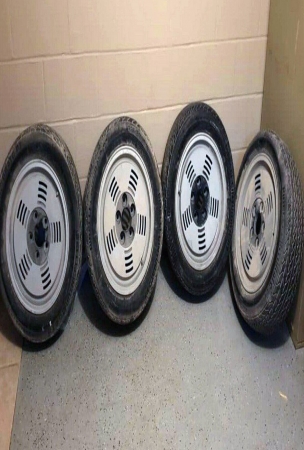
The BMW M1 was one of the German automaker’s most unique and significant creations, so it’s only fitting that these ultra-rare, mid-engined sports cars carry a high asking price. But what might be a bit more surprising is that just the wheels from this car can go for almost as much as your average compact car.
